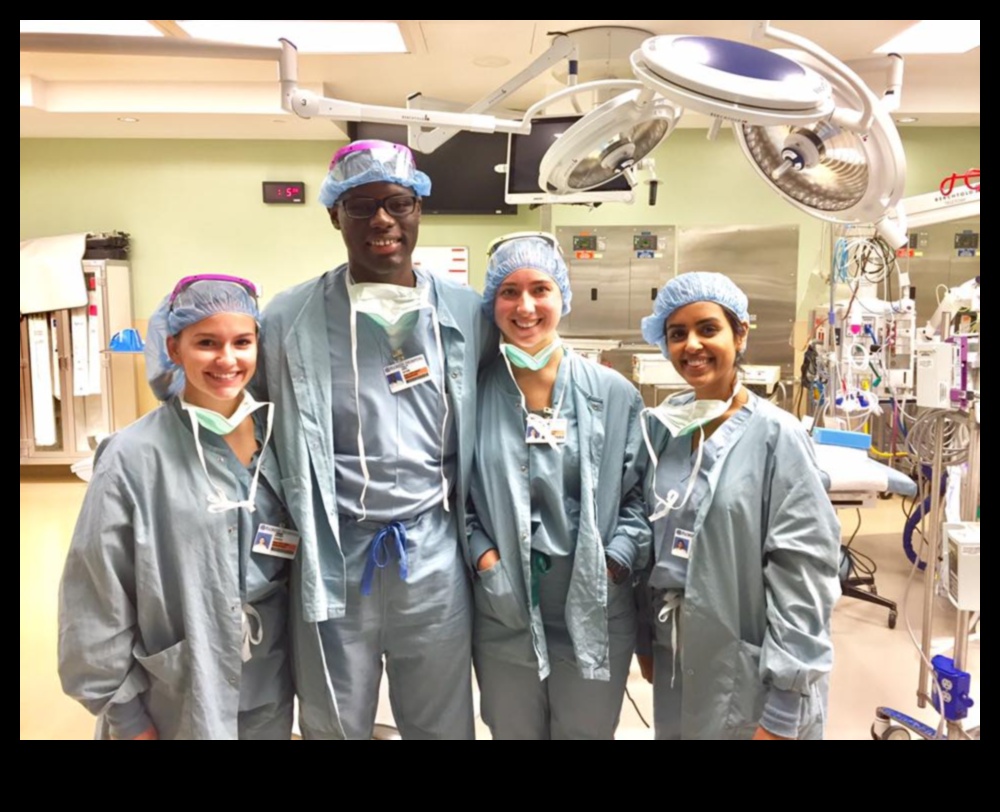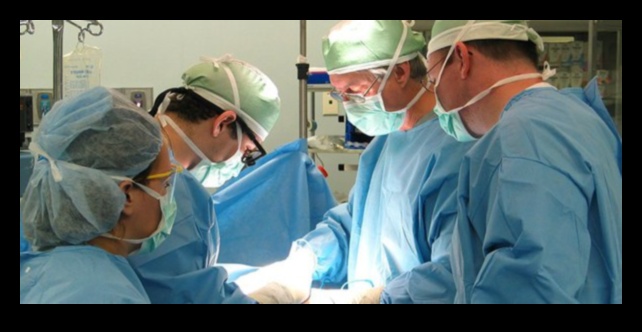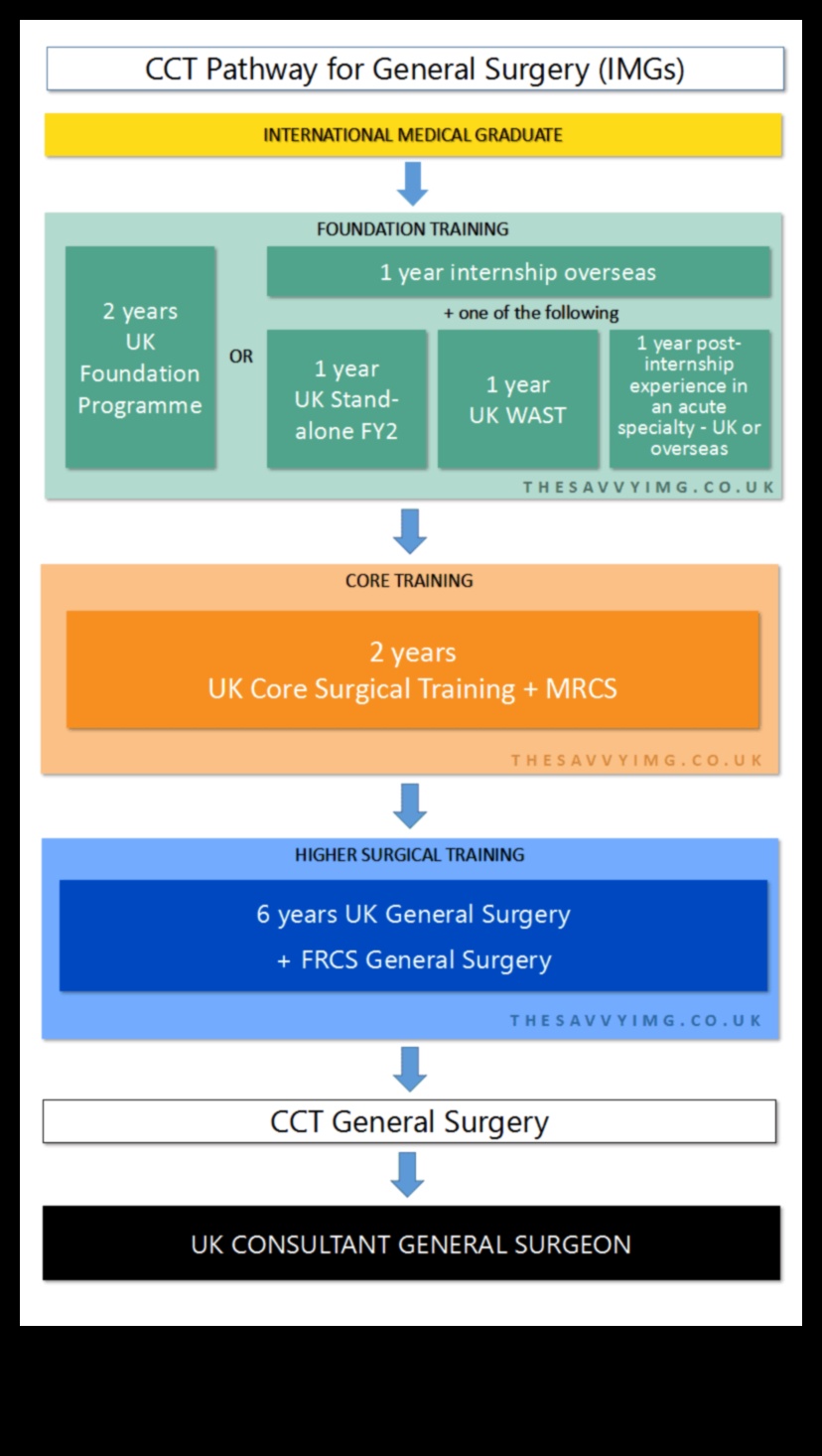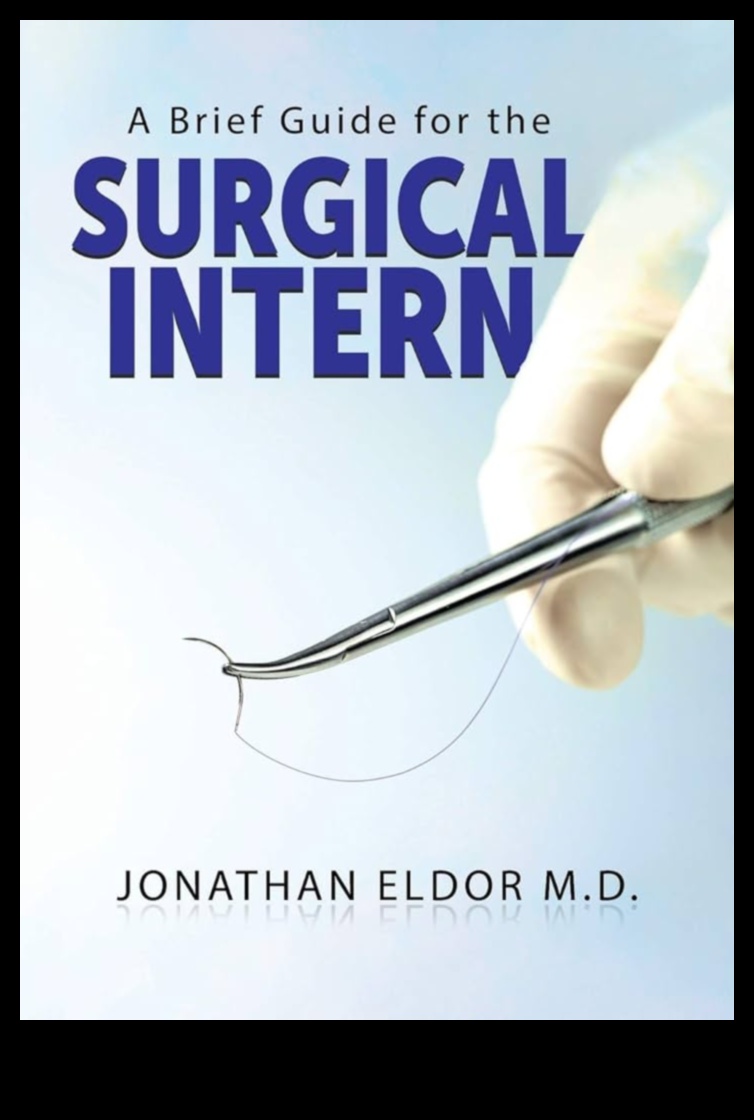
I. Introduction
II. What is a surgical internship?
III. How long is a surgical internship?
IV. What are the different types of surgical internships?
V. What are the requirements for a surgical internship?
VI. How to apply for a surgical internship
VII. What is the salary for a surgical intern?
VIII. What are the benefits of a surgical internship?
IX. What are the challenges of a surgical internship?
X. FAQ
| Feature | Value |
|---|---|
| Surgical internship length | 1 year |
| Surgical residency length | 5-7 years |
| Medical school length | 4 years |
| Residency programs | Over 130 accredited residency programs in the United States |
| Medical school admissions | Over 150 medical schools in the United States |

II. What is a surgical internship?
A surgical internship is a postgraduate training program that provides aspiring surgeons with the clinical experience and skills they need to practice independently. Surgical internships typically last one year and are completed after medical school. During an internship, surgical residents rotate through a variety of surgical specialties, gaining experience in a range of surgical procedures.
How long is a surgical internship?
A surgical internship is a one-year postgraduate training program that is completed after medical school. It provides surgical interns with the opportunity to gain clinical experience in a variety of surgical specialties. The length of a surgical internship varies depending on the program, but it typically lasts between 12 and 18 months.
III. How long is a surgical internship?
Surgical internships typically last for one year. During this time, surgical interns rotate through different surgical specialties, gaining experience in a variety of surgical procedures. Surgical interns also learn how to manage patients in the operating room, the intensive care unit, and the hospital ward.

V. What are the requirements for a surgical internship?
The requirements for a surgical internship vary depending on the specific program, but some general requirements include:
- Applicants must have completed medical school and passed the United States Medical Licensing Examination (USMLE) Step 1 and Step 2 Clinical Knowledge (CK) exams.
- Applicants must have a strong academic record and letters of recommendation from their medical school professors.
- Applicants must be able to demonstrate their commitment to surgery through their extracurricular activities and clinical experiences.
In addition to these general requirements, some surgical internship programs may have more specific requirements, such as a preference for applicants who have completed a research project or who have experience in a particular surgical subspecialty.
Surgical internships are highly competitive, and only a small percentage of applicants are accepted into each program. It is important to start preparing early in your medical school career if you are interested in pursuing a surgical internship.

III. How long is a surgical internship?
Surgical internships typically last for one year. During this time, interns rotate through different surgical specialties, gaining experience in a variety of surgical procedures. They also learn about the different aspects of patient care, such as preoperative planning, postoperative care, and patient education.
What is the salary for a surgical intern?
The salary for a surgical intern varies depending on the location, the type of institution, and the year of the internship. In general, surgical interns earn a starting salary of around $50,000 per year. However, this salary can increase to $60,000 or more per year by the end of the internship.
Surgical interns are also eligible for benefits such as health insurance, paid time off, and retirement plans. The exact benefits offered will vary depending on the institution.
Overall, the salary for a surgical intern is a good starting point for a career in surgery. However, it is important to note that surgical interns will typically earn more money as they progress in their careers.

VIII. Benefits of a surgical internship
Surgical internships offer a number of benefits to students, including:
- The opportunity to gain hands-on experience in the operating room
- Exposure to a variety of surgical specialties
- The chance to work with experienced surgeons and learn from them
- The opportunity to network with other students and professionals in the field
- The chance to get a head start on your career in surgery
Surgical internships can be a great way to learn more about surgery and to prepare for a career in the field. They offer a unique opportunity to gain hands-on experience and to network with other students and professionals. If you are considering a career in surgery, a surgical internship can be a valuable asset.
IX. Challenges of a surgical internship
Surgical internships can be challenging for a number of reasons. Some of the challenges include:
- Long hours
- Physical demands
- Emotional stress
- Dealing with difficult patients and families
- Learning to make critical decisions under pressure
Despite the challenges, surgical internships can also be very rewarding. Interns have the opportunity to learn from some of the best surgeons in the world, and they gain valuable experience that will help them in their future careers.
If you are considering a surgical internship, it is important to be aware of the challenges involved. However, if you are passionate about surgery and are willing to work hard, a surgical internship can be a great way to start your career.
FAQ
Q: How long is a surgical internship?
A: A surgical internship typically lasts for one year.
Q: What are the different types of surgical internships?
A: There are two main types of surgical internships: general surgery internships and specialty surgery internships.
Q: What are the requirements for a surgical internship?
A: The requirements for a surgical internship vary depending on the program, but typically include a medical degree from an accredited medical school, a valid USMLE Step 1 score, and a strong academic record.